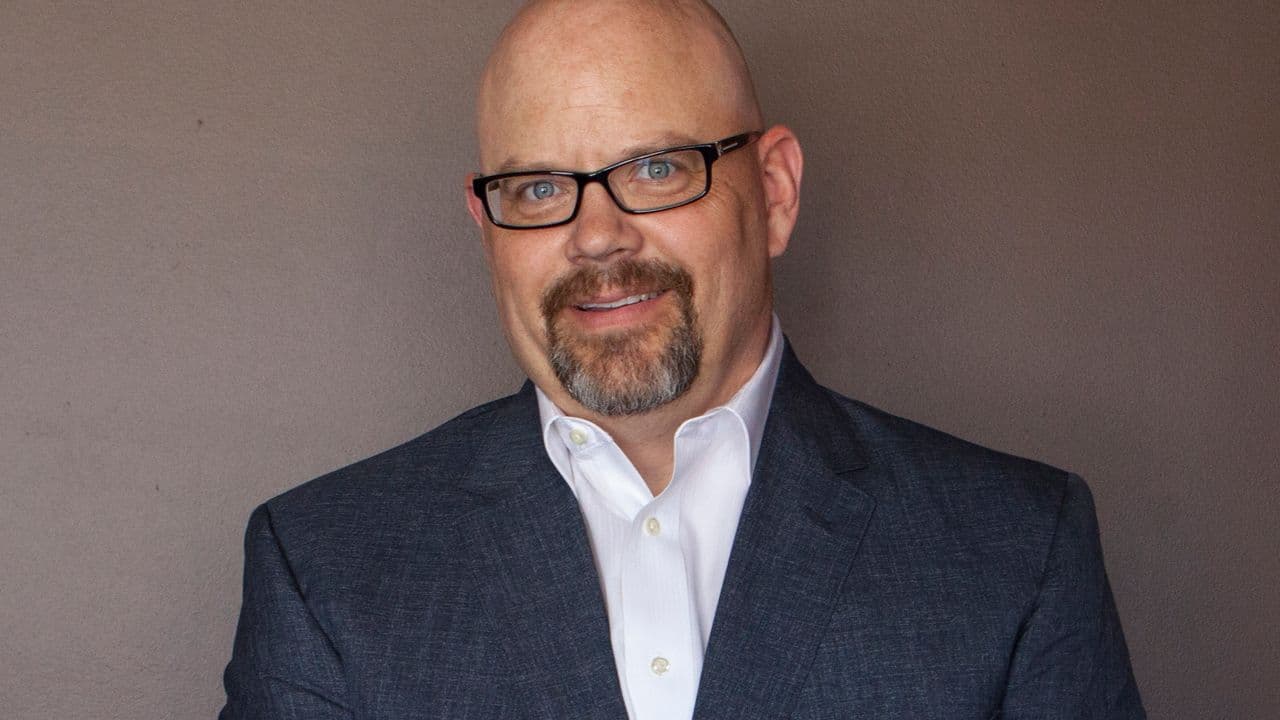Multitasking once was a darling “innovation” of the business world.
We lauded the efforts of those in our ranks that could seemingly juggle a million things simultaneously and deliver them all on time and on the money with machine-like consistency. We handed them “multi-tasker” merit badges and l.....
Multitasking once was a darling “innovation” of the business world.
We lauded the efforts of those in our ranks that could seemingly juggle a million things simultaneously and deliver them all on time and on the money with machine-like consistency. We handed them “multi-tasker” merit badges and lauded their productivity.
And for good reason: People that can handle a lot of work, and handle it well, are our superstars. They win our MVP awards, get promoted and rise through the ranks.
What we see from the outside of these multi-taskers is someone that is constantly inundated with work, juggling like a circus clown, and making sure that the spinning plates, chainsaws and basketballs never hit the ground.
But it’s what we don’t see that is far more valuable to our organizations. And for that reason, I never was a fan of the concept of “multi-tasking,” and frankly never believed it was anything more than a case of mistaken identity.
Here’s why: While each of us may have roughly a zillion things to accomplish, and a finite amount of time to complete them all, any task worth taking on should be treated as if it matters more than anything else in the world to ensure a great outcome.
While chipping away at a number of time-consuming projects on a fluid timetable is reasonable, actually working on two or three projects at the same time – the commonly held definition of multitasking – isn’t necessarily a good idea. That approach may result in deadlines being met, but more often leads to end products that aren’t the best. Even the most super of superstars must focus on one thing at a time to guarantee that they rock.
So let’s put a long-running business myth to bed. Multi-tasking is – at best – a misnomer.
Instead, let’s look at this through a different lens and agree that the best “multi-taskers” simply are great managers of priorities.
They are people that understand how much of any concurrent project they can complete at any given time. They also are comfortable in determining that not all projects are of equal value to their business or their clients. As important, they understand how their efforts against time can best be applied.
After we arrive at that conclusion, we eliminate the possibility that people are born with a gift that allows them to handle the constant flow of ever-changing workloads and avoid the notion of feeling overwhelmed by the realities of their assignments.
OK, sounds easy enough. It can be, but it requires a level of professional discipline that some have not yet developed.
Every day begins anew with the promise of a clear path to completing the work that must be accomplished. But too often there isn’t a plan of attack. And too often there aren’t clear blocks of time associated with specific parts of the many tasks that we hope to achieve by day’s end.
The best at organizing priorities are great communicators. The best communicators are great listeners – equally blessed with the ability to create the top and bottom of a to-do lists and the confidence to convey their current status with their associates and clients.
As tasks mount, these people are organizing and re-organizing their pathway through the day, ensuring that what’s most important gets the most focus first and is completed, appropriately, ahead of the other work to be accomplished.
These people aren’t actually working on 10 things at once. Nobody can do that effectively. What is happening on these desktops is a conscious effort by a highly focused and highly effective person to isolate tasks and to treat each one of them like it matters most while they engage it.
Of course, a to-do list is step one. The most organized people begin their day with an inventory of the work that they seek to complete, leaving room for the addition of the unforeseen. Some of these people make that inventory the last thing they do the day before.
Regardless, these people avoid locking down their lists and work tasks like an accountant that moves inventory through a first-in, first-out system. They have learned a mental dexterity that allows them to constantly evaluate new tasks as they arise, and place them in their schedules for optimal outcomes.
They work their lists like Santa Claus, delivering presents rather than lumps of coal.
Their secret isn’t special powers, but rather a highly developed understanding of how to get things done the right way, and a confidence in themselves to produce great work within the deadlines that they communicate to those around them.
• • •
As always, stay classy.
Chris Krug is president of the progressive media communications firm No Limit Agency* in Chicago. No Limit is a full-service agency whose practice focuses on strategy, brand management, creative campaigns and delivering unparalleled placement in the media. No Limit Agency works with some of the best-known brands in North America, and that’s not a coincidence. Contact Krug by calling 312-526-3996 or via email at [email protected].*This brand is a paid partner of 1851 Franchise. For more information on paid partnerships please click here.









